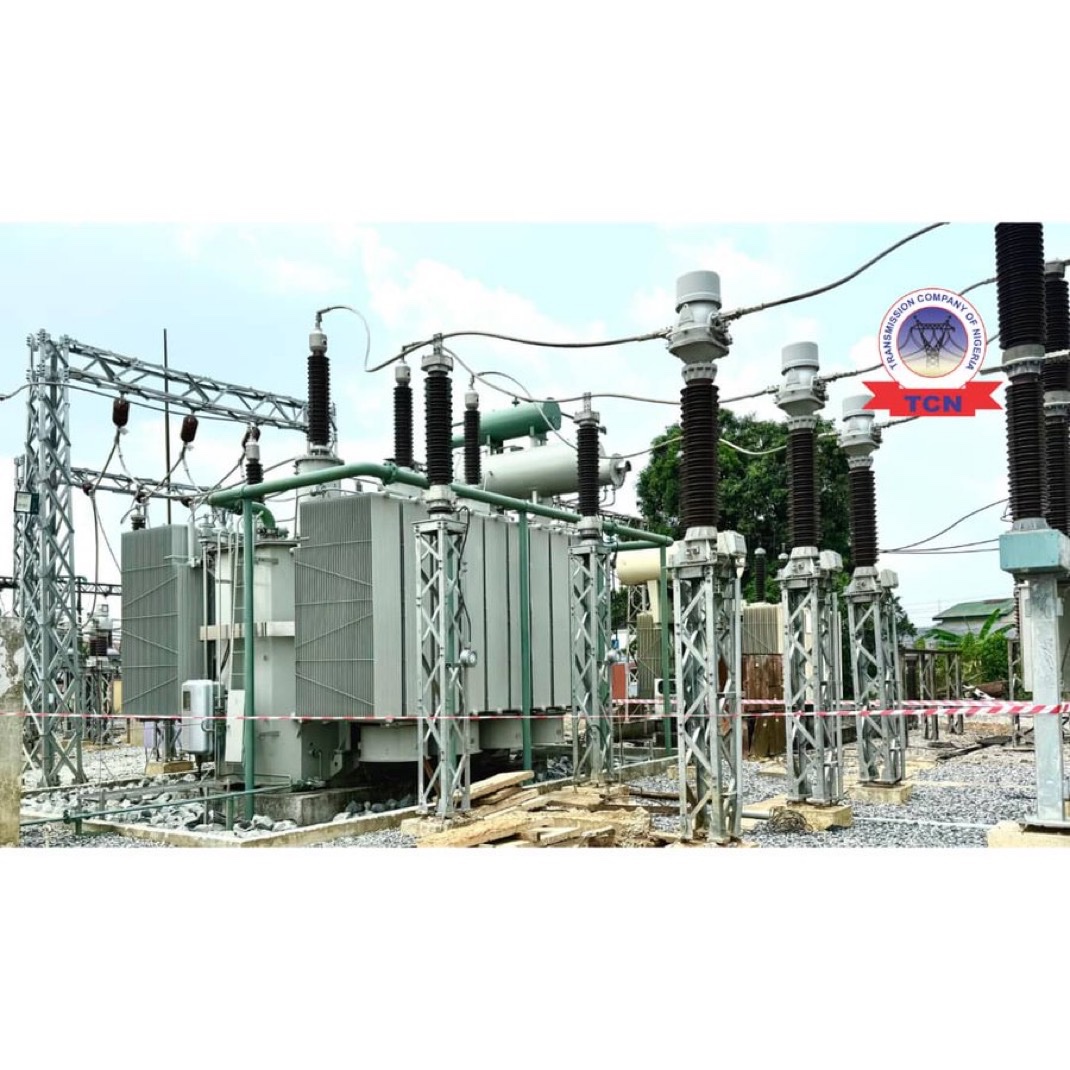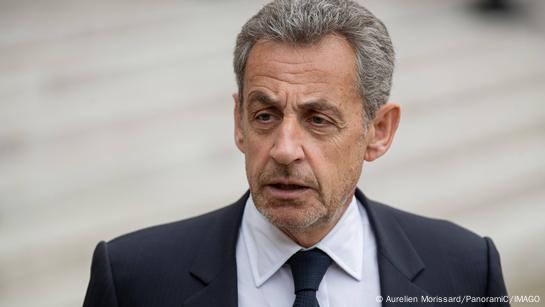
BREAKING NEWS: Nationwide Blackout Looms as Electricity Workers Shut Down Operations Across Nigeria

Nigeria is staring at a nationwide blackout as the National Union of Electricity Employees (NUEE) on Wednesday launched an indefinite strike, crippling power supply and sparking fears of widespread disruption.
The industrial action, which began in the early hours of the day, follows unresolved labour disputes with the Transmission Company of Nigeria (TCN), raising tensions across critical sectors already battling economic strain.
The strike comes after weeks of warnings by electricity workers, who accused TCN management of unfair labour practices, poor welfare conditions, and failure to address longstanding safety concerns.
Sources within the union confirmed that operations at key transmission stations have been halted, and if not resolved swiftly, the shutdown could plunge the country into complete darkness within hours.
NUEE officials insist the action was a last resort, blaming government agencies for ignoring repeated calls to resolve grievances through dialogue. The timing could not be worse for millions of Nigerians already grappling with inflation, soaring fuel prices, and fragile economic growth. Hospitals, businesses, and households now brace for the ripple effects of a power shutdown that threatens to paralyze essential services.
“This strike is indefinite until the Federal Government and TCN meet our demands. Enough is enough,” one union leader declared.
The Federal Ministry of Power has yet to issue an official response, but senior government officials are said to be scrambling to avert a full-scale blackout.
As negotiations stall, uncertainty grips the nation. From Lagos to Kano, Port Harcourt to Abuja, the looming darkness is not just about electricity—it symbolizes a deeper breakdown in trust between government institutions and the workforce that keeps the grid alive.

